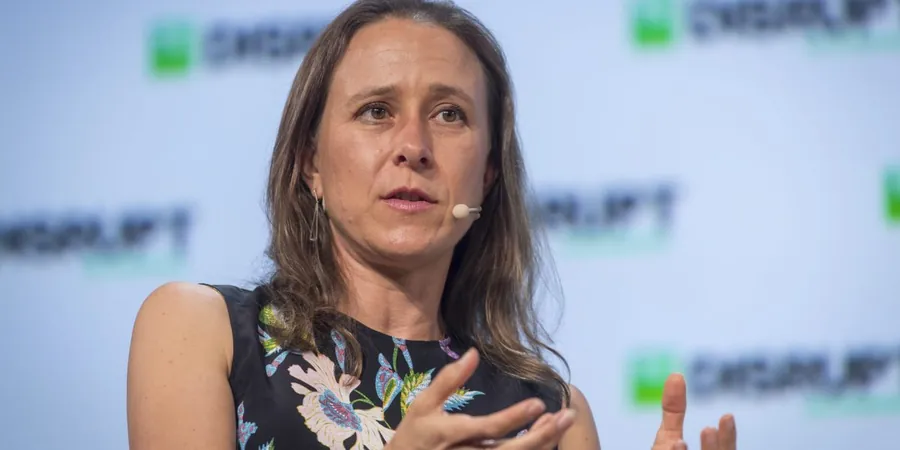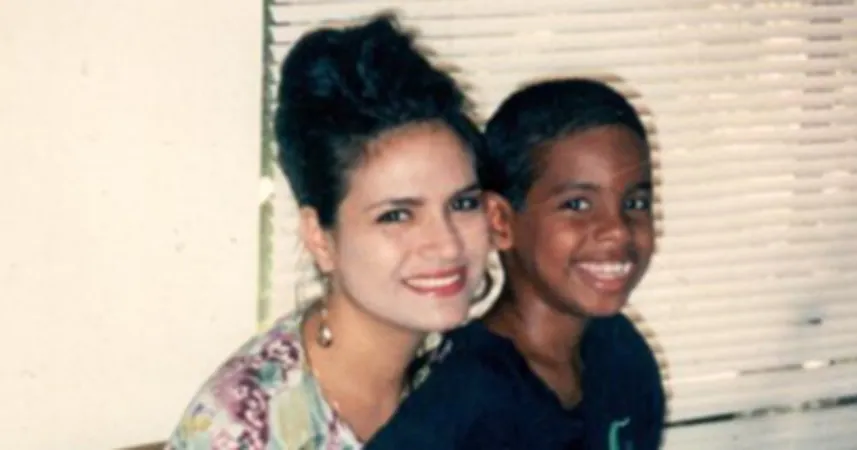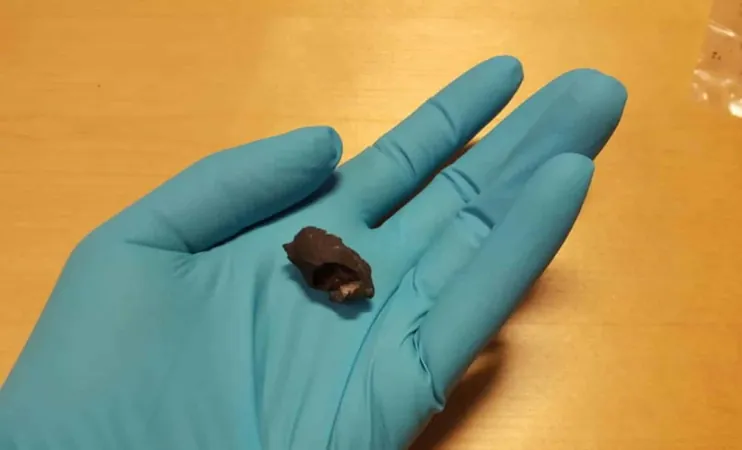
The Shocking Resignation of 23andMe's Entire Board: What It Means for the Future of DNA Testing
2024-09-19
Author: Ling
In a surprising turn of events, every single independent board member of the beleaguered genetic testing company 23andMe has resigned, a move that many analysts are deeming the final death knell for the struggling venture known for its mail-order DNA-testing kits.
Since its public debut through a merger with a special purpose acquisition company (SPAC) in 2021, 23andMe has faced financial turmoil, failing to turn a profit even once. After its initial public offering (IPO) at $10 per share, the stock has plummeted to an all-time low of just $0.30 earlier this week, barely climbing back to $0.36 as of Wednesday afternoon.
The board consisted of notable figures, including Roelof Botha of Sequoia Capital and Neal Mohan, who has recently become the CEO of YouTube. In a scathing letter directed to Anne Wojcicki, the company's co-founder and CEO who controls a significant 49% of 23andMe's voting rights, both directors expressed their frustration.
They stated, “After months of work, we have yet to receive from you a fully financed, fully diligenced, actionable proposal that is in the best interests of the non-affiliated shareholders.” They concluded that their differing visions for the company led to their abrupt resignation.
Now, Wojcicki finds herself as the sole board member, an unprecedented situation that raises concerns about the company's governance moving forward. Despite expressing her surprise and disappointment over the resignations, she remains optimistic about the company's direction.
She is determined to take 23andMe private, calling it “still the best plan for the company.” Wojcicki is reportedly on the lookout for new independent directors who align with her vision and will provide further updates in the coming days.
23andMe has been grappling with multiple challenges this year. In a desperate attempt to generate revenue, the company began prescribing GLP-1 medication — popular weight loss drugs like Ozempic and Wegovy — through its subsidiary, Lemonaid Health.
However, these efforts have not compensated for the significant decline in sales of DNA tests, particularly after a research partnership with pharmaceutical giant GlaxoSmithKline concluded in 2022.
Adding to the turmoil, a significant data breach last year affected nearly 7 million customers, prompting a wave of lawsuits and forcing the company into a costly $30 million settlement.
Once standing at a valuation of $3.5 billion, 23andMe's market cap now teeters below $200 million, leaving investors and customers alike wondering if the original promise of personalized genetic insights can ever be fulfilled.
As the company navigates this crisis, all eyes are on Wojcicki and her ambitious plans for 23andMe’s future. Will she be able to rally support and turn the tide? Or is this the beginning of the end for a company that once promised to revolutionize personal health? Only time will tell, but one thing is clear: the stakes have never been higher.



 Brasil (PT)
Brasil (PT)
 Canada (EN)
Canada (EN)
 Chile (ES)
Chile (ES)
 Česko (CS)
Česko (CS)
 대한민국 (KO)
대한민국 (KO)
 España (ES)
España (ES)
 France (FR)
France (FR)
 Hong Kong (EN)
Hong Kong (EN)
 Italia (IT)
Italia (IT)
 日本 (JA)
日本 (JA)
 Magyarország (HU)
Magyarország (HU)
 Norge (NO)
Norge (NO)
 Polska (PL)
Polska (PL)
 Schweiz (DE)
Schweiz (DE)
 Singapore (EN)
Singapore (EN)
 Sverige (SV)
Sverige (SV)
 Suomi (FI)
Suomi (FI)
 Türkiye (TR)
Türkiye (TR)
 الإمارات العربية المتحدة (AR)
الإمارات العربية المتحدة (AR)